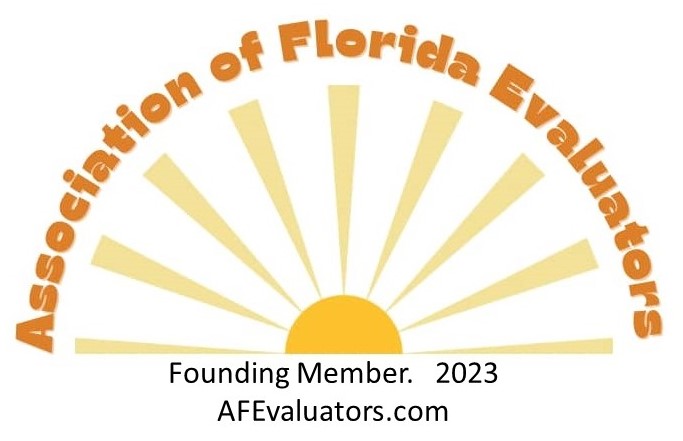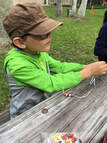|
Talking About
Florida Homeschooling... Evaluations and More |
A good evaluator works for the parents, assisting them in meeting legal requirements and in supporting them when districts overstep their bounds." |
|
A mother’s worst nightmare: A child who was reading and writing and doing fairly well academically was suddenly struck by a medical condition that left her no longer able to read and write or even talk. The mother spent months taking her daughter to all sorts of specialists. Therapists worked to help the girl communicate once again. The mother researched her condition and worked with the child, too; together the mother, specialists, and therapists were making progress. She was starting to talk, though it was still garbled. But the girl was so far behind where she’d started the school year. She was now working on basic communication skills--re-learning how to talk--and the progress was incredibly slow. Reading and writing skills? Those hadn't been seriously touched since her crisis. Reading and writing weren’t possible to work on yet until she’d regained so many basic daily life skills.
The time came for the girl’s annual home education evaluation. A few evaluators refused to do an evaluation after hearing the mother’s story; they worried that the girl had regressed rather than progressed and wouldn’t give her a passing evaluation. But they’d forgotten (or perhaps never knew--since some people doing evaluations haven’t actually read Florida’s home education laws and don’t really understand what the legal criteria are) the words “commensurate with ability.” The mother had written documentation from various doctors and therapists about the girl’s tragedy that left her suddenly so far behind where she had been at the beginning of the school year. She also had lots of documentation showing that the girl had been working on various sorts of educational activities. So the mother had documentation of progress being made from the time of her sudden decline and of her limited ability. Clearly, since the time of her tragedy, the girl was making educational progress commensurate with ability/ Educational progress commensurate with ability is the legal standard. From all I’ve seen of public school special education programs, it’s likely that she would not have made as much progress in a public school special education program where each teacher would have multiple students assigned and wouldn’t have the time, energy, or ability to communicate regularly with all the various specialists to help this little girl. The experts had helped the mother figure out how to best work with her child, and they continued to work with her, too. Evaluations for children with special needs don’t require evaluators with ESE or other such certification. Any FL certified teacher with regular (i.e., not temporary certification) in some academic subject area from grades k-12 can evaluate any home education student. Florida law doesn’t require the student to keep pace with the public schools and their methods and programs; instead, Florida law asks the portfolio review evaluator to look for evidence of educational progress commensurate with ability. If progress is being made, even if the child stumbled a bit at some point, then the evaluation should be positive. Cheryl [email protected]
0 Comments
Your comment will be posted after it is approved.
Leave a Reply. |
Archives
April 2024
Categories
All
|

 RSS Feed
RSS Feed






